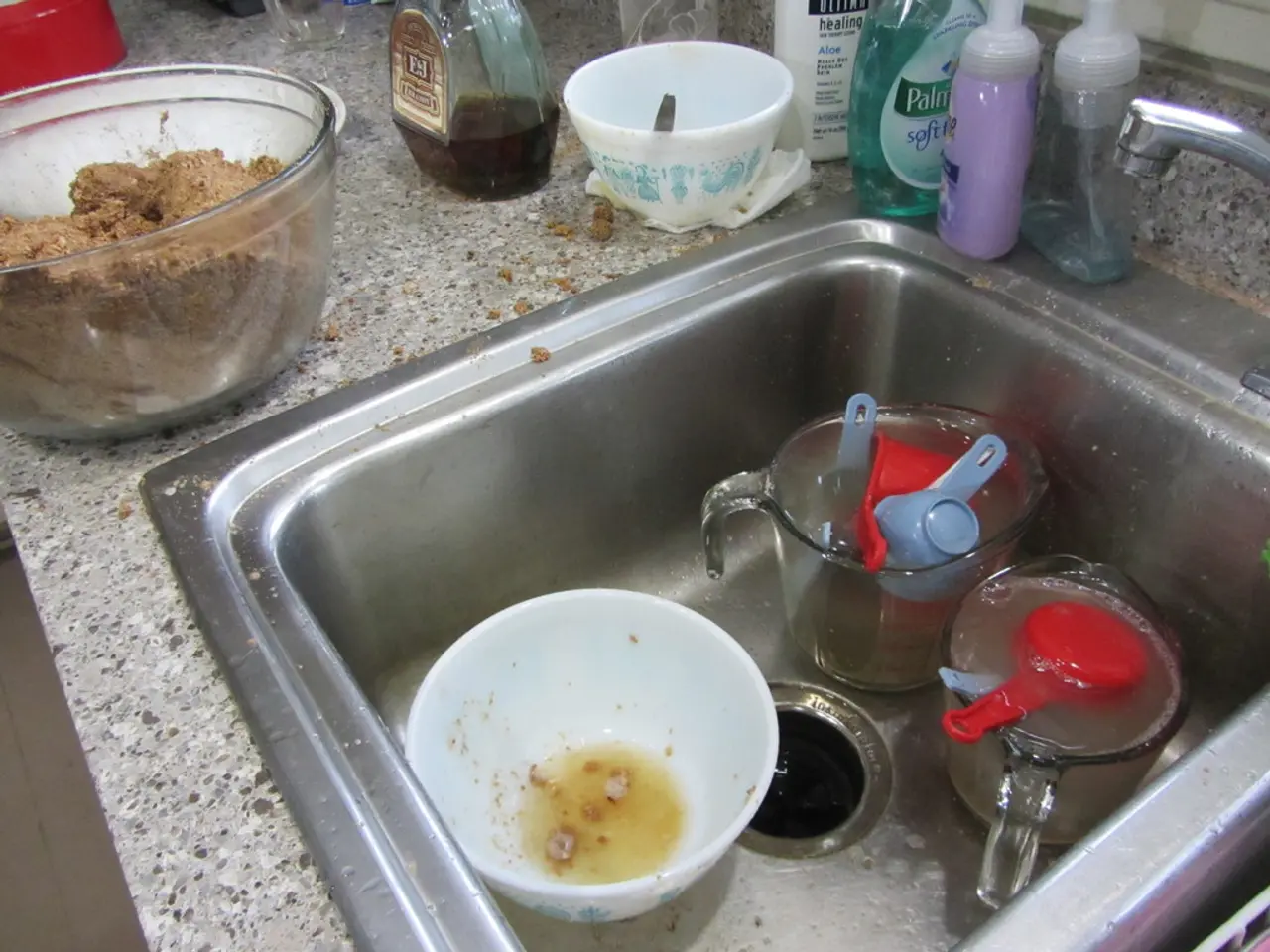International Space Station receives bacteria from SpaceX, aiming to transform medical research worldwide
The International Space Station (ISS) is hosting an intriguing experiment, led by Sheba Medical Center in collaboration with NASA and Space Tango, that aims to unravel the mysteries of how microgravity influences the behaviour of pathogenic bacteria. The study, launched during the Crew-11 mission, focuses on three types of bacteria: Escherichia coli (E. coli), Salmonella bongori, and Salmonella typhimurium.
The research is framed in a context of growing interest in the effects of microgravity on both microorganisms and the human body. Scientists will cultivate these bacteria in microgravity conditions within the ISS, comparing their growth with identical strains cultured on Earth under normal gravity to detect differences at molecular and genetic levels.
The central objective of the experiment is to analyse if space conditions modify the growth and resistance of microorganisms responsible for human diseases. Previous simulated experiments suggested a reduced ability of bacteria to develop antibiotic resistance in space, but this is the first time such a study directly takes place on the ISS, providing more accurate and comprehensive data.
Key findings anticipated include insights into changes in bacterial behaviour, specifically how microgravity influences genetic expression linked to growth and resistance mechanisms. The bacteria are frozen and returned to Earth for detailed molecular and transcriptional analyses, which will map changes induced by the space environment.
The implications of these findings are significant both for astronaut health and terrestrial medicine. Understanding bacterial adaptation in microgravity can help develop better strategies to prevent infections in astronauts, who face increased infection risk due to stress, radiation exposure, and immune system changes during space missions. Additionally, insights into antibiotic resistance modulation in space may reveal novel approaches to combating antibiotic-resistant "superbugs" on Earth, addressing a critical global health challenge.
In conclusion, this experiment provides unique data on pathogen behaviour under space conditions, which may lead to improved infection control protocols in spaceflight and inform new antimicrobial strategies on Earth. The results could provide new insights to curb the spread of drug-resistant pathogens and optimise therapeutic strategies both on Earth and in future space missions.
- This research in the International Space Station, delving into the influence of microgravity on pathogenic bacteria, is a significant contribution to the field of medical-conditions, particularly in health-and-wellness and space-and-astronomy.
- The findings from this experiment, focusing on changes in bacterial behavior and antibiotic resistance in microgravity, could have far-reaching implications for both the prevention of infections in astronauts and the combat of antibiotic-resistant "superbugs" in international science.




